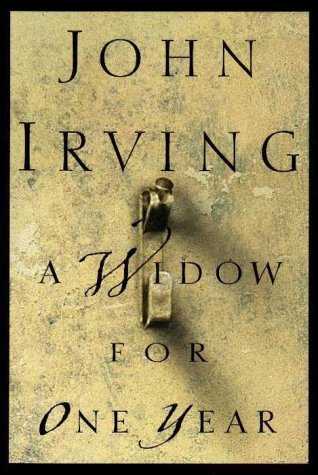

This is because Irving, though a 'comic' writer, does not believe in a comedy that demands very much from either his characters or from his readers. In Ruth, Irving relaxes his exuberant comic literalism, and allows indirection a little sway. (Eventually, she finds the right man: a Dutch policeman.)īoth Ruth and Eddie, who become friends as adults, are strongly drawn. She marries, has a son, is widowed, and marries again. (Eventually, he finds her.) Ruth grows up to be a famous novelist, but she is angry at her abandonment, and incapable of happy relations with men. Eddie devotes his adulthood to the memory of Marion. Marion walks out on her husband, on her daughter, and on Eddie, and is not seen again until 1995. None of the protagonists really recovers from this gross incursion, at least, not until the very end of the novel the rest of the book is a history of damage. Ruth is only four her parents are in the middle of a vicious divorce, and young Eddie soon finds himself -with that alacrity that belongs rarely to life and always to comic novels - having a passionate affair with Ruth's beautiful mother, Marion. In the summer of 1958,Eddie, who is just 16, arrives at the house of Ruth's parents for a summer job. It tells the story of Ruth Cole, and her strange entanglement with Eddie O'Hare. There is much that is delightful about his latest novel, A Widow For One Year. But because he seems to believe that the penetration of his characters' consciousness is an easy thing, his characters believe this too about themselves, and exist for us only in practised simplicities.

His characters have an inch of consciousness, and with this inch Irving is seductively gymnastic. Though his novels are terrifically busy, with enforcements and diversions of all kinds, they are actually deprived of true struggle, because his characters struggle only with situations, and not with themselves. But this is not a mere aesthetic quibble it goes to the human centre of Irving's books. It is, of course, an artistic triumph to write like Dickens only in the age of Dickens to do so at the end of the 20th century marks Irving as, at best, an unimportant realist: to believe as heartily in fictional transparency as Irving does seems artistically trivial.


 0 kommentar(er)
0 kommentar(er)
